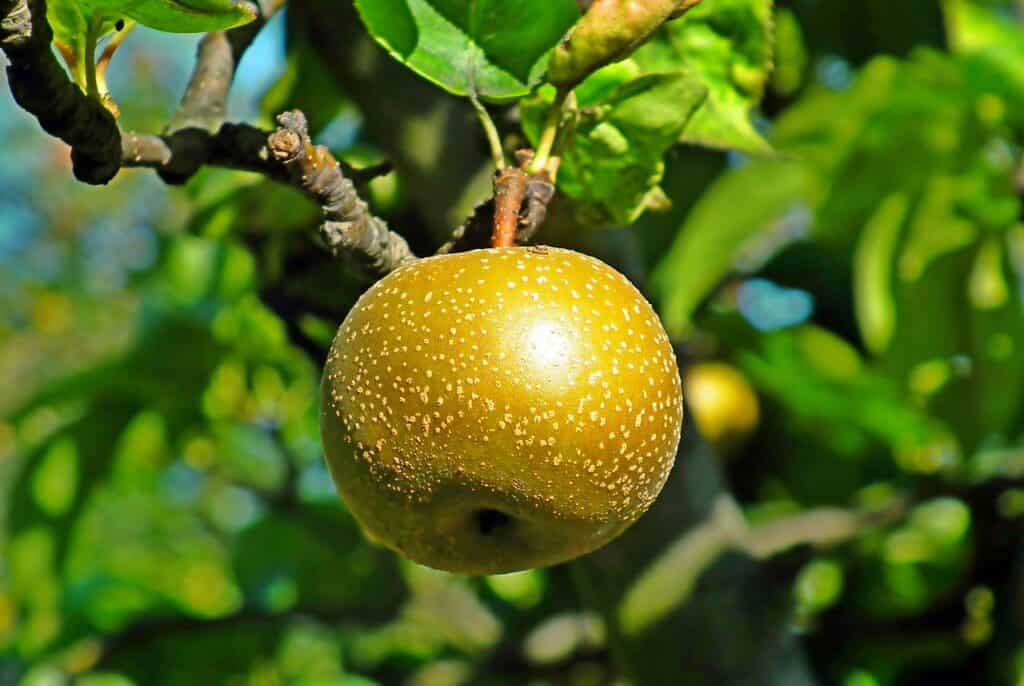
Growing Asian Pears Everything You Need To Know EyouAgro
Preparing to Dehydrate Pears. I use a mandolin to slice my pears. Mandolins are very sharp and make it very easy to cut yourself so if you don't have one or are nervous to use one, you cut your pears into slices using a sharp knife instead.The key is to cut them into slices that are the same thickness. Too thin and you will have a little sheet of paper when they are dried, too thick and they.
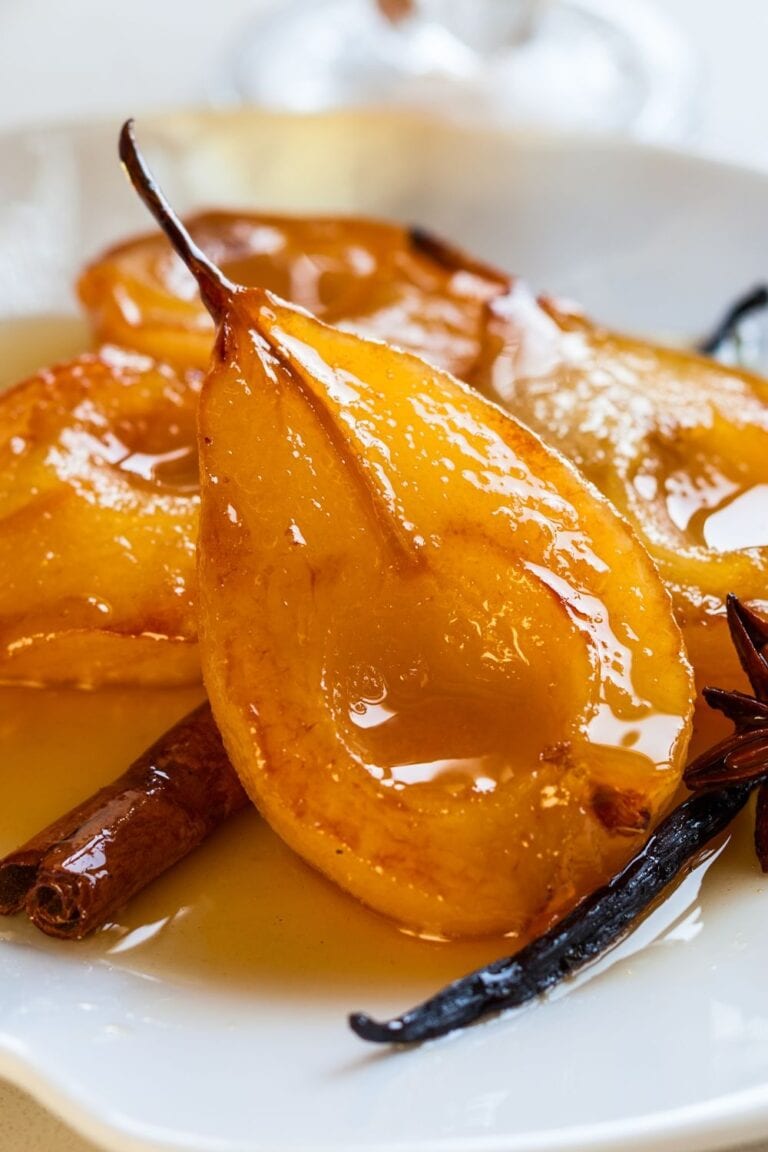
20 Asian Pear Recipes You Need to Try Insanely Good
Instructions: Fill a bowl with the water and lemon juice. Peel and core the pears. Using a mandoline or a steady hand, slice the pears into rings that are about 1/4 inch thick. Place the pear rings in the water as you work. Once you've finished slicing all of the pears, drain the water and pat the pears dry with paper towels.

Asian Pears Asian pear, Fresh produce, Fruit
Instructions. Fill a bowl with 6 cups of cold water and 1/4 cup of lemon juice. Set up a workstation with a peeler, cutting board, sharp knife, and a bowl for the cores. Rinse pears, and remove the stem and blossom end with a sharp knife. (optional): remove the peel. Cut the pear in half from the top to the bottom.
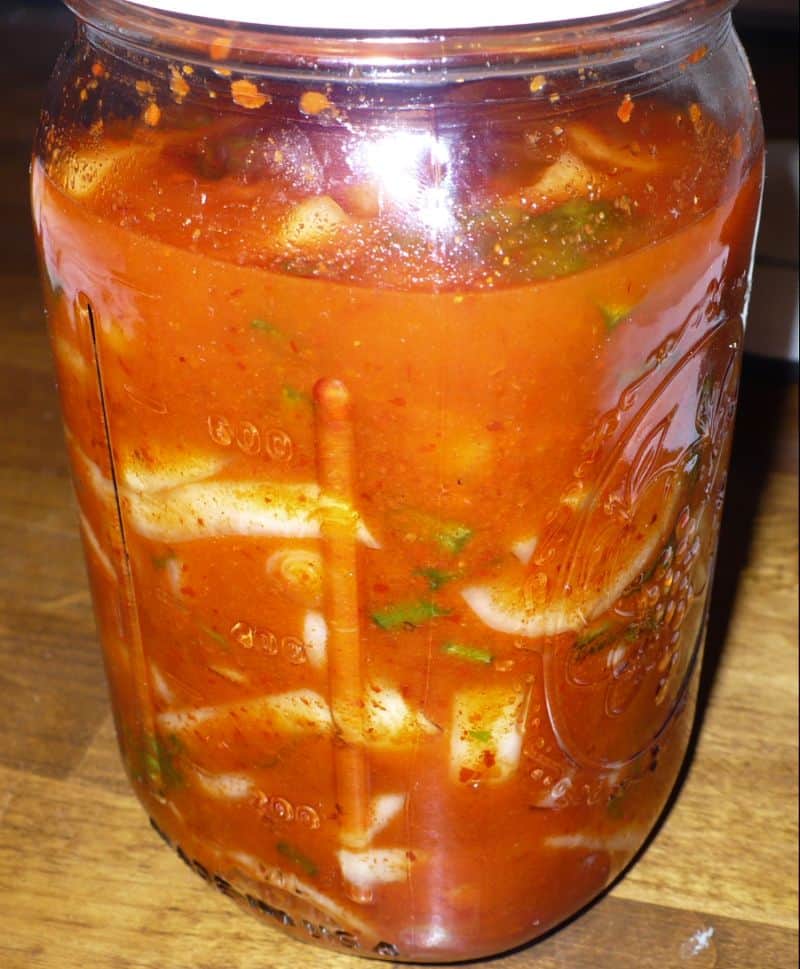
Korean food photo Kkaktugi with radish kohlrabi and asian pear on
This link has some good instructions for checking to see if your Asian pears are dried to the point that they can be stored at room temperature without molding. They can do that even in a sealed package. Dehydrating and then sealing is the best way to keep dried fruits in good condition. They are best quality for just a few months in a cool.
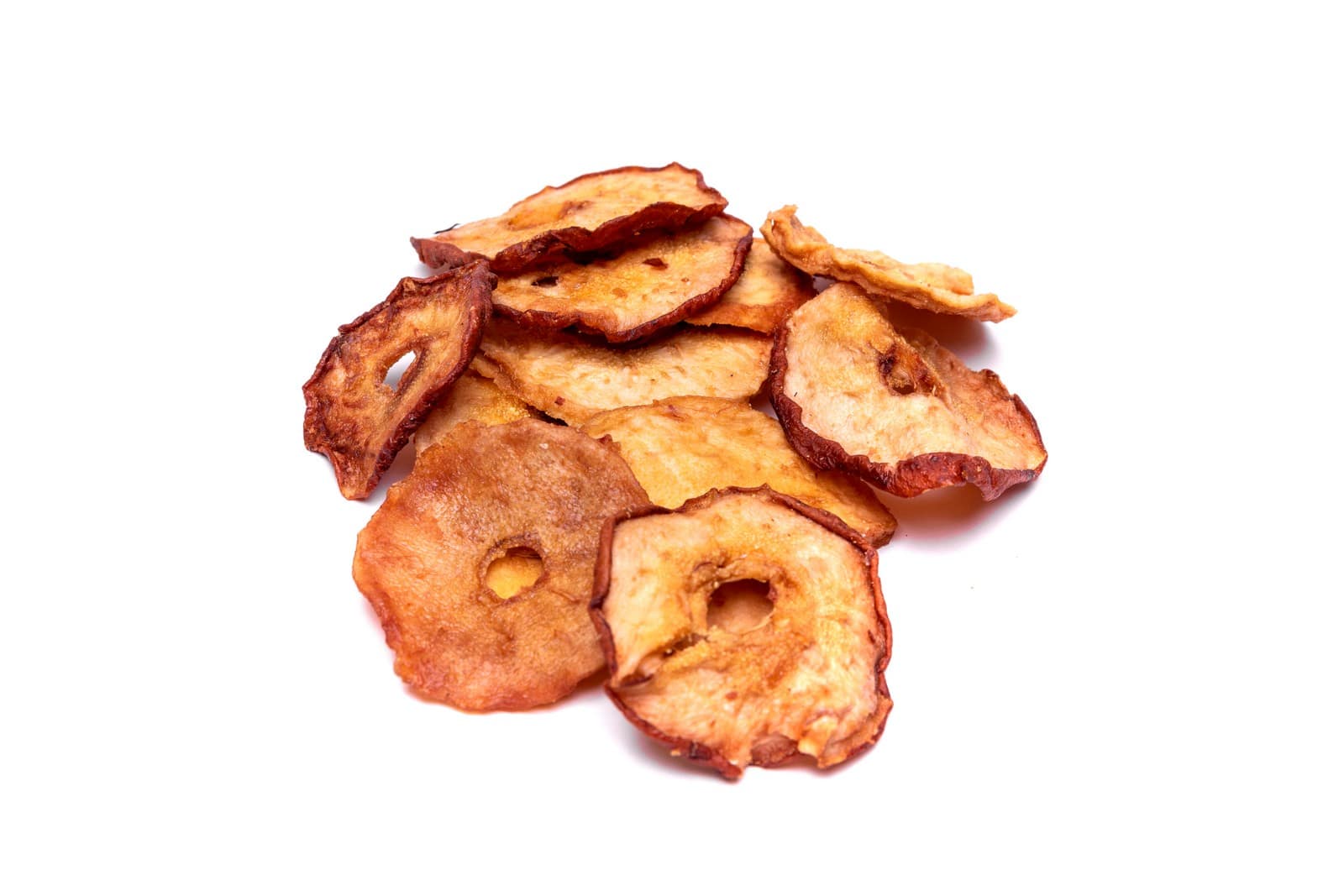
Dried Asian Pear Farms
Dehydrate the Pears, Place each slice of pear on your dehydrator tray. Leave a little space between each one for good air circulation. Place your tray into the dehydrator and dry at 135 degrees until the pears are dry with no moisture pockets. If you don't have a dehydrator: you can use an oven.

prickly pear Wiktionary
Dry at 135 ºF/57 ºC overnight or until fruit is dry and leathery. Depending on the moisture and sugar content, dehydrating pears should take between 10 to 24 hours. Sweeter fruits dry more slowly because the sugar bonds to the water. Dehydrated pears should be flexible and not too sticky. Store in an airtight container.
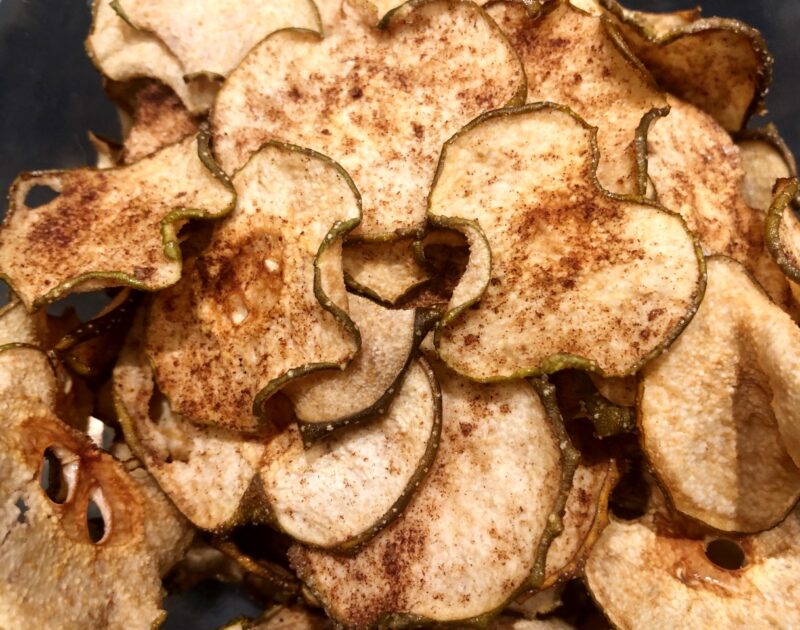
How to Dehydrate Pears Chips Easy EmilyFabulous
Ingredients. 16 strips dried bellflower root (½ oz.) 4 Asian pears (about 1 lb. each) ¼ cup (¾ oz.) peeled and thinly sliced fresh ginger; 4 dried jujube dates, pitted and thinly sliced

Simply Sweet Asian Pear Crisps Homegrown Organic Farms
How To Dehydrate Pears. 1. Wash and dry the pears. 2. Prepare a large bowl with water and lemon juice (1 tablespoon lemon juice for every quart of water). This will keep the pear slices from browning and adds a little more flavor to the pears. 3.
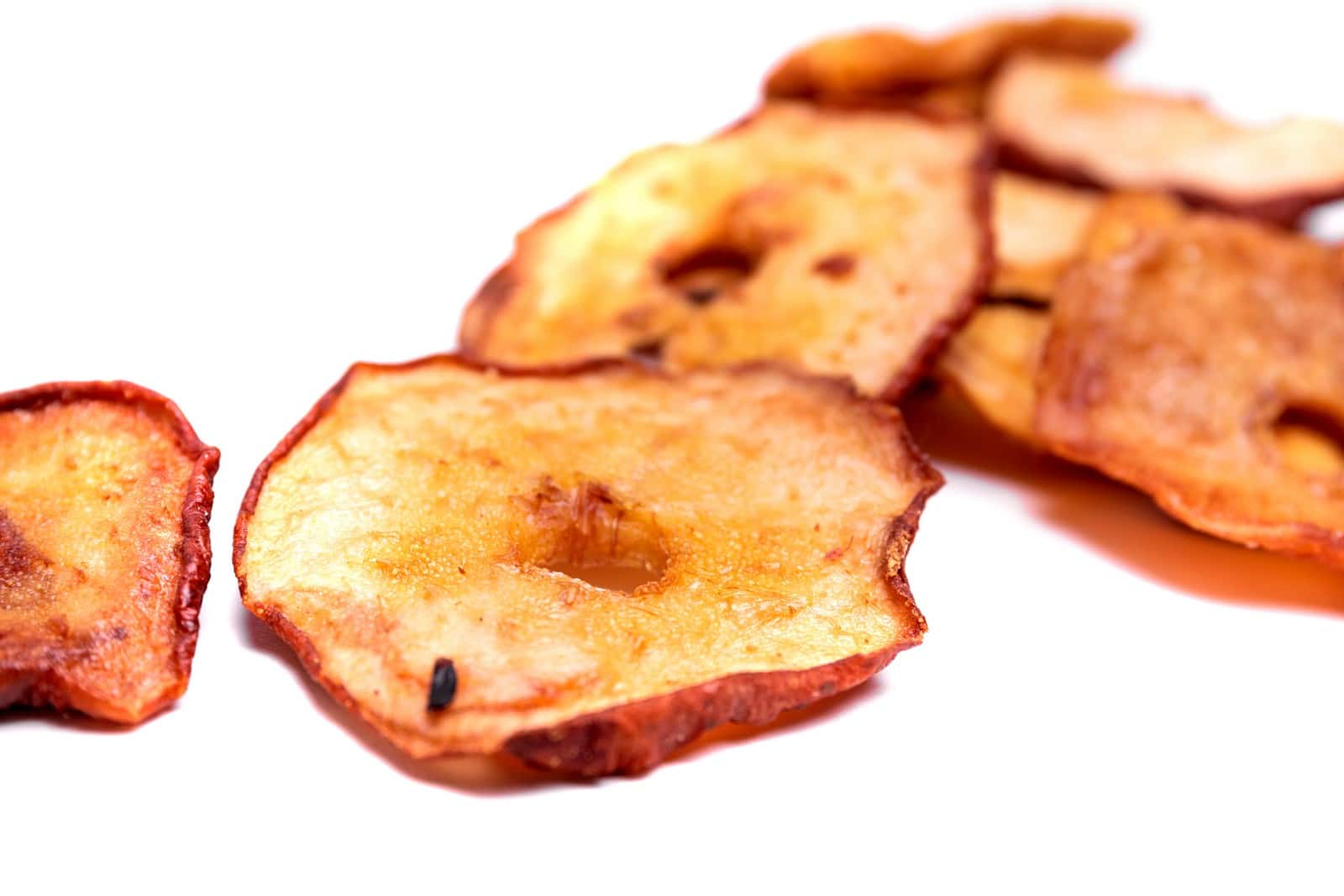
Dried Asian Pear Farms
9. Bacon, Lettuce, and Pear Sandwich (The BLP) The BLP sandwich is a delicious and easy-to-make recipe perfect for any occasion. Bacon, lettuce, and pear provide a perfect balance of salty, sweet, and crunchy flavors, while the yummy bread gives the sandwich a satisfyingly chewy texture.

Asian Pear The Lung Soother OnPoint Health & Wellness Center
Whatever the reason, dried asian pears have a sugary sweetness that European pears and apples just can't beat. Drying them seems to lock in that sweetness, making these pear chips an addictive snack. The process is simple for drying. Core the fruit but leave the skins on (which saves a ton of time). Then slice as thin as you possibly can.

Asian Pear Imported Prinos Farm & Deli
Preheat oven to 200 degrees F. Set up two cooling racks on two large baking sheets. 2. In a small bowl, mix together cinnamon, cloves, and sugar. Set aside. 3. Wash pears and pat dry with a paper towel. Slice pears into 1/8"-inch thick pieces or use a mandoline to make thin slices.

Steamed Pear with Rock Sugar home remedy for cough & sore throat
History of Asian Pear. Asian pears have been domesticated for more than 3,000 years. And as mentioned earlier, they are native to China and Japan. The first Asian pear to be seen in America was a Chinese sand pear that was brought to Flushing, New York, in 1820. Asian pear arrived on the west coast of the United States in the 1850s. It was.
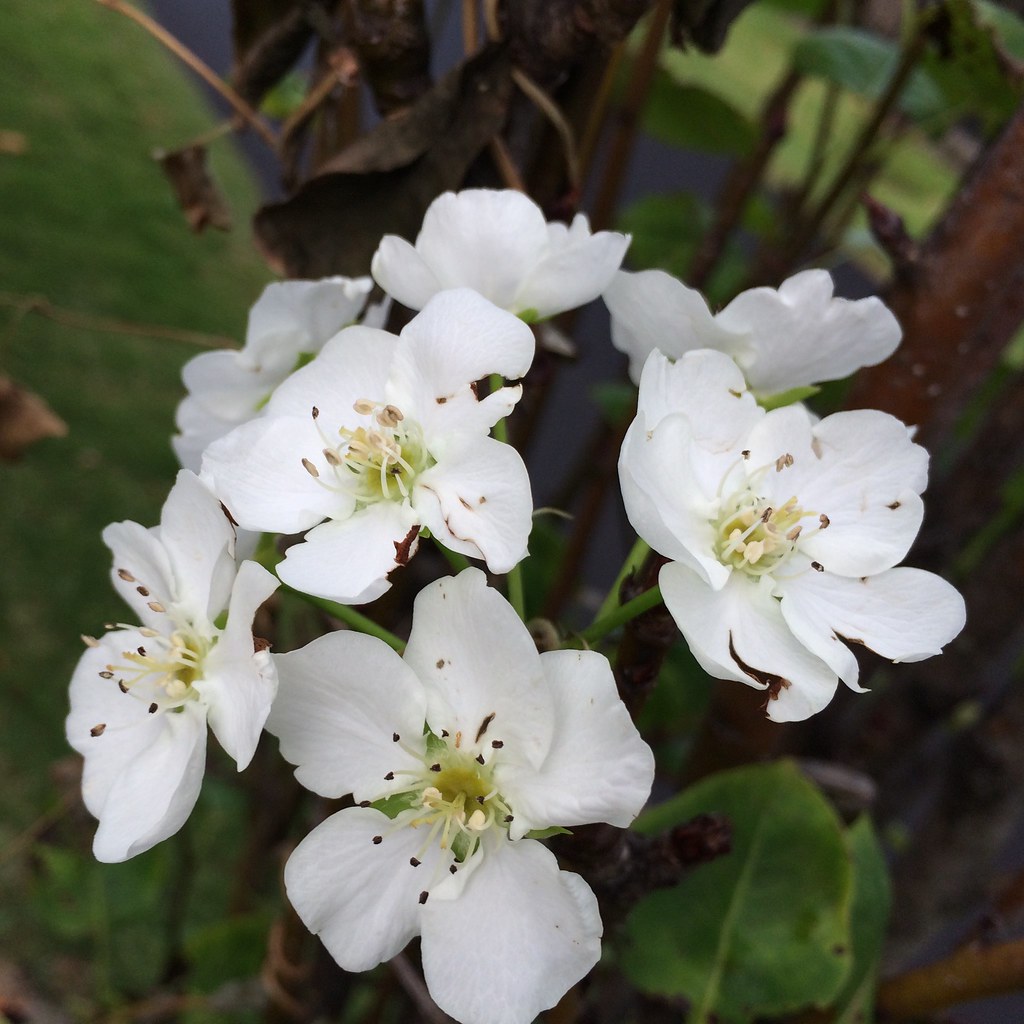
Asian pear in bloom Scot Nelson Flickr
Step 2: Pre-treat the Pears: Although this step is optional, it helps to maintain the color of the pears during dehydration.Soak the sliced pears in a mixture of lemon juice and water for about 10 minutes. Step 3: Arrange the Pears on the Dehydrator Tray: After draining the slices, arrange them on your dehydrator tray.Make sure the pieces do not overlap to allow for even air circulation.

Asian Pear 'Hosui' — Green Acres Nursery & Supply
Soak the sliced pears in the bowl of cold water for 5-10 minutes. Remove the pears from the soak and place them on a dehydrator tray, leaving a gap between each slice for proper airflow. Slide the trays into your dehydrator, close the dehydrator and run at 135f for 5-6 hours. Check the pears starting around 5 hours in.
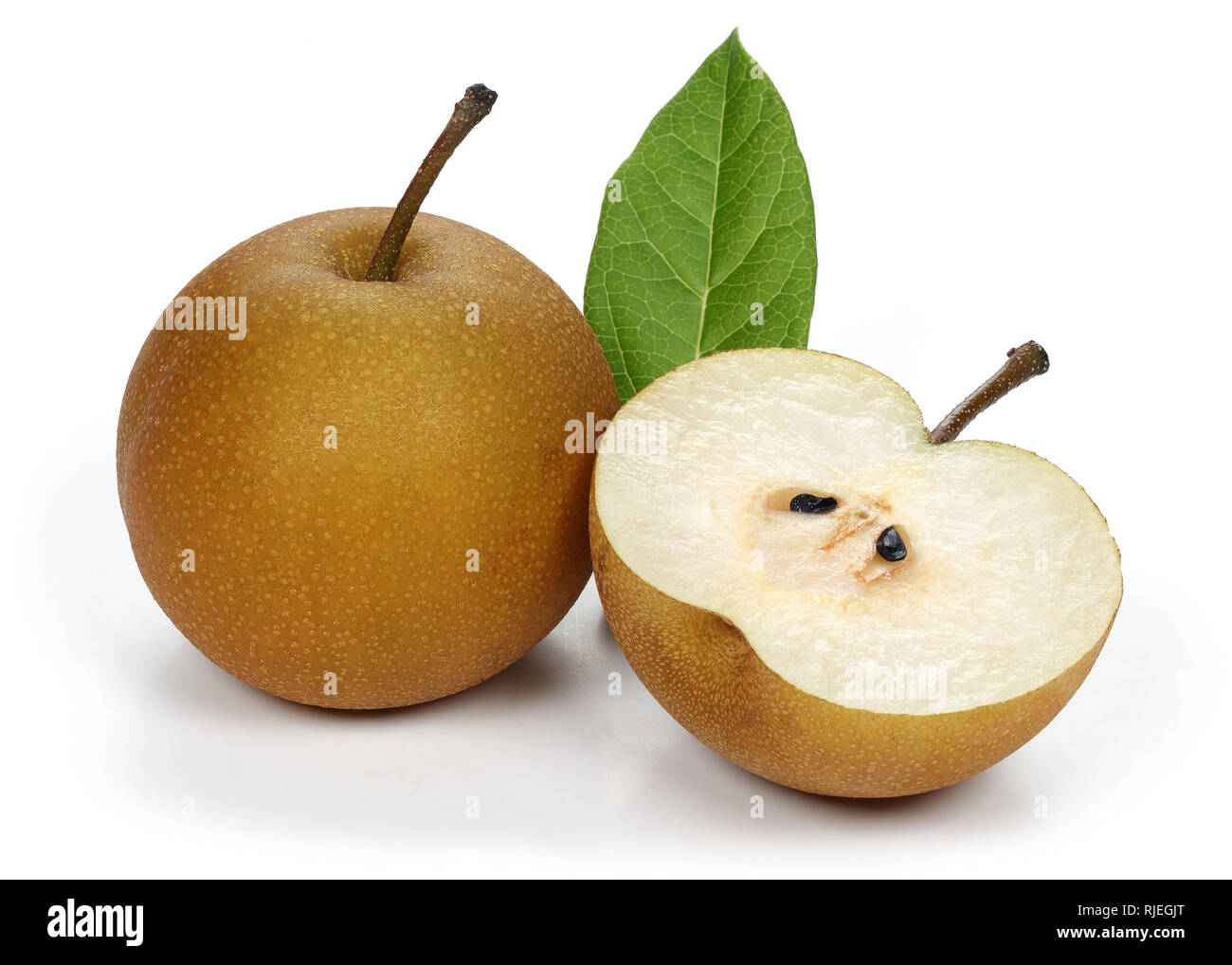
Asian pear or Nashi pear with leaf isolated on white background Stock
One Asian pear fruit contains: Calories: 51. Protein: 1 gram. Fat: Less than 1 gram. Carbohydrates: 13 grams. Fiber: 4 grams. Sugar: 9 grams. Asian pears are a great source of dietary fiber, which.

Chojuro Asian Pear Food Forest Nursery
The more moisture in the pear, the more translucent and chewy the dried pears will be. Slightly underripe, firm pears tend to be crunchier and less chewy. Feel free to use any variety of fresh pears, including Asian pears and Bosc pears. I like using Bartlett pears the most because they have a smoother, less gritty texture that works well when.